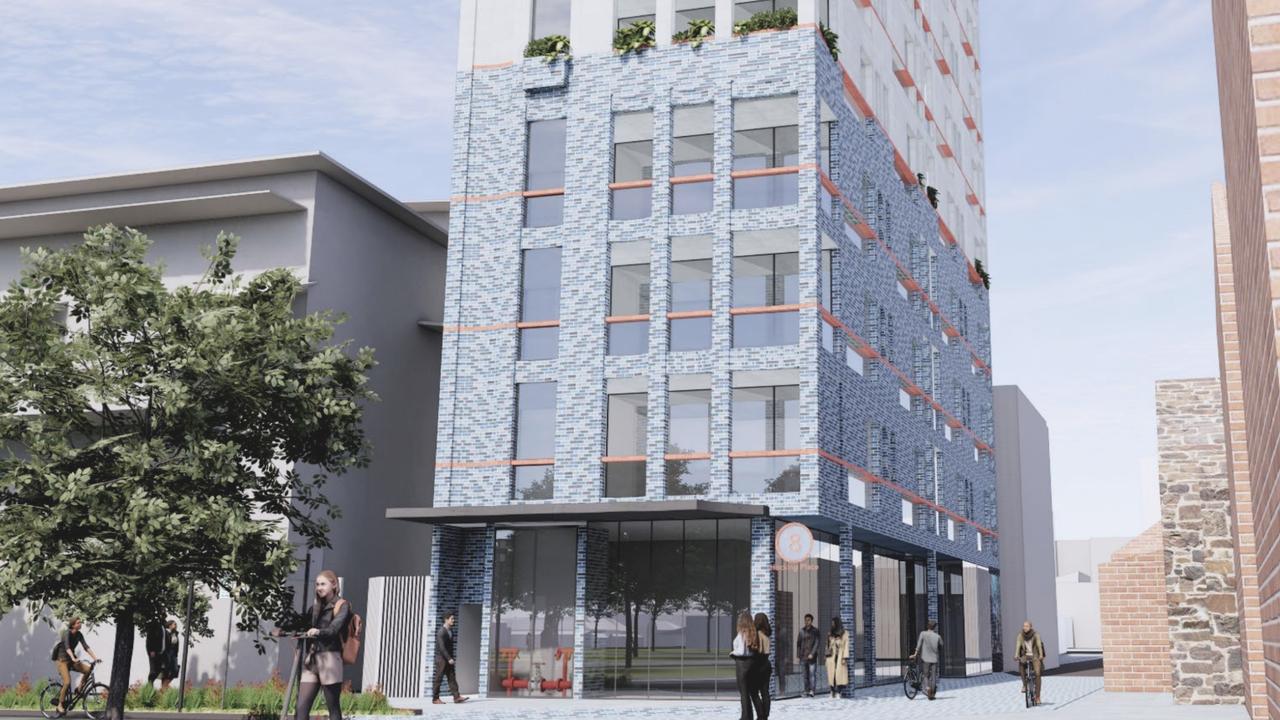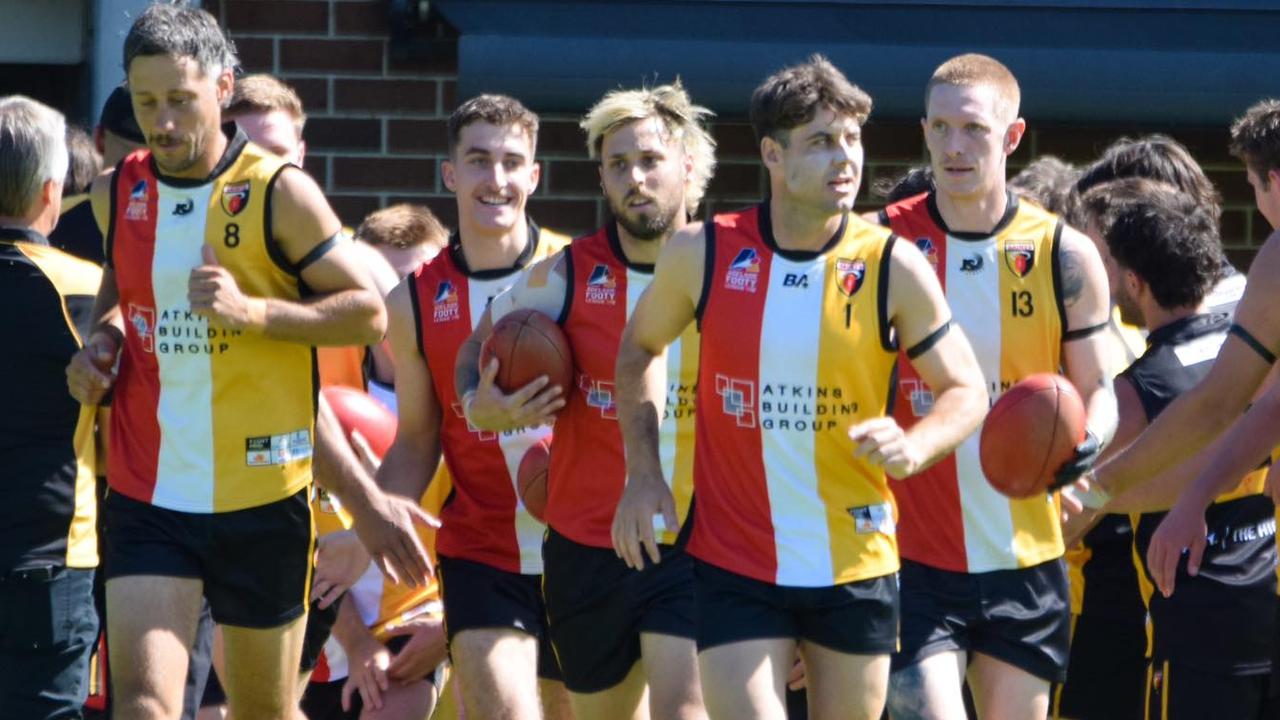Hindley Street masterplan to reverse its perception as dated, dirty and Adelaide’s crime hotspot,
Adelaide City Council wants to inject some “sparkle” into Hindley Street – but some people want to keep its gritty, unique nature.
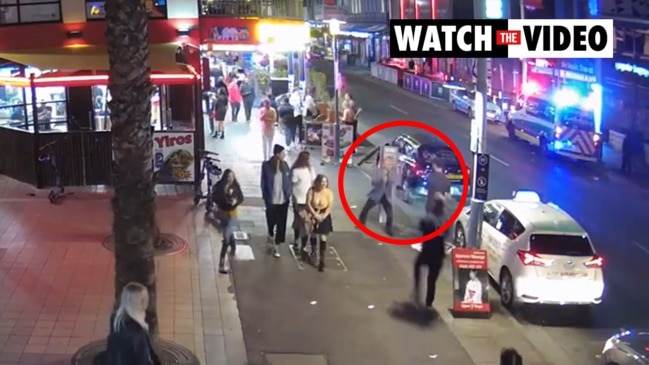
City
Don't miss out on the headlines from City. Followed categories will be added to My News.
Adelaide’s notorious Hindley Street is viewed as dirty, unsafe, unattractive and the city’s adult entertainment and crime precinct, according to a damning assessment.
Instead Adelaide City Council wants to bring back some “sparkle” to the city’s late-night entertainment heart, which is renowned for strip clubs and nightclubs and too often makes headlines for brawls and bashings.
The council will on Tuesday night be asked to endorse a draft 25-point action plan for Hindley Street proposing “large-scale” parking changes, a review of outdoor dining permits and a “decluttering” of the street among initiatives to prioritise pedestrians and revive the district over the next seven years.
It is anticipated works could cost between $20m and $40m depending on final designs and costings.
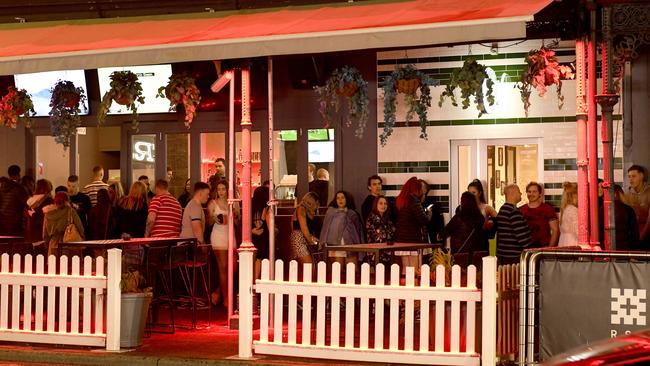
The draft masterplan, which is centred on rejuvenating the area between King William and Morphett streets and will be subject to more detailed design, reported:
THE street has no clear ‘brand’ or identity, rather there is a popular belief that the street is the adult entertainment/clubbing/crime precinct of Adelaide;
FOOTPATHS are perceived as dirty and unkept and “dated” light poles, bins and bollards convey a sense of the area being “stuck in the past”;
SHOP FRONTS are generally unattractive, cluttered and dated and there was no “cohesion” between day- and night-time trade and;
LIMITED footpath space meant competition between outdoor dining furniture and patrons queuing at nightclubs and increased congestion, particularly for people in wheelchairs.
The report also noted that some laneways often smelt of urine, due to a lack of public toilets.
But residents and a Hindley Street focus group also said that the street had a great atmosphere, was exciting and “gritty” and was unique in the city.
The masterplan advocates for prioritising pedestrians by reducing and restricting on-street parking, removing fixed outdoor furniture, widening footpaths, reducing number of A-frames, repainting, reviewing outdoor and investigating where to plant more trees.
The council is trialling the non-permanent widening of three footpaths outside the Woolshed pub, Hello Henry bar and Red Robin cafe.
The extended areas, which will be defined using decking or road and come at the cost of several carparks, will accommodate existing outdoor dining, freeing up space on the existing footpath.
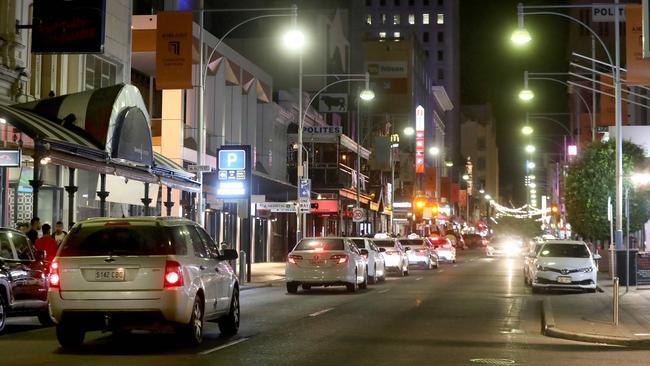
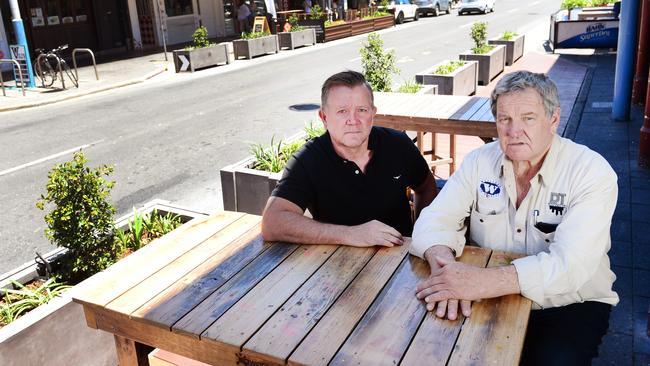
The council will on Tuesday consider draft masterplans for Hutt, Melbourne and O’Connell streets.
John Meek, owner of the Woolshed, Black Bull and Downtown, said he would like Hindley Street to be reduced to one-way traffic so footpaths could be widened and more trees planted.
“There are two big trees in planter boxes in front of the Grand Chancellor Hotel and they make a difference, they soften the street,” he said.
Meek Hotel Group general manager Andrew Chandler said a one-way street would allow for more outdoor dining.
The Hindley Street masterplan is due to go out for public consultation early next year if endorsed by council.


